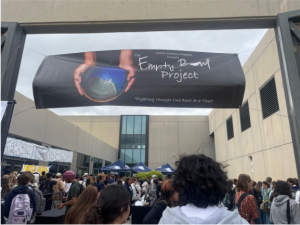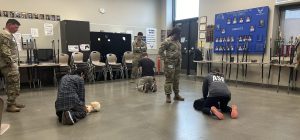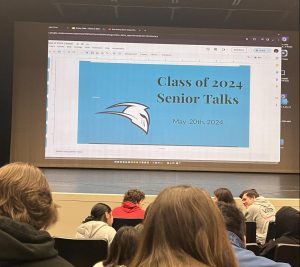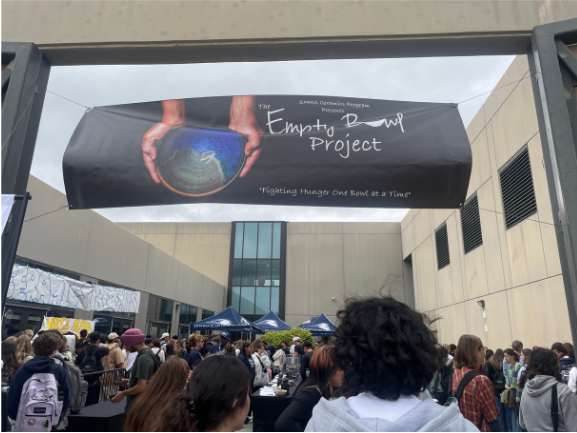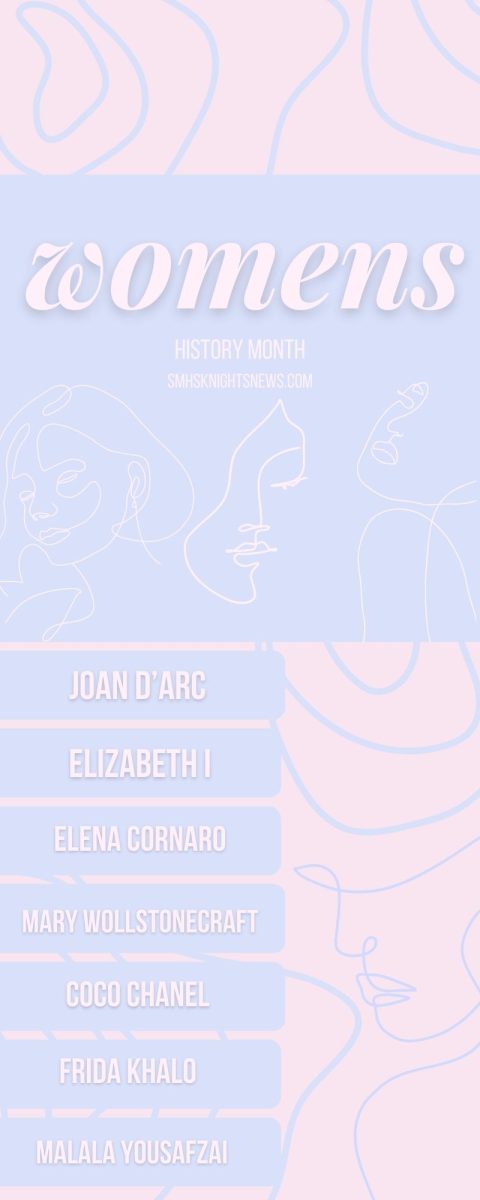Ethnic Studies From a Teacher’s Perspective
January 31, 2023
What led me to this big idea was my dual enrollment class History Through a Chicano Perspective. Professor Padilla shared that in 2025, ethnic studies will be required in high school courses. Padilla is very passionate about culture and its importance in today’s society which is heavily shown through her teachings.
“It definitely took time to get to this place, but I do feel strongly connected to my culture. The way that I’ve done that is through learning history, which I feel like I continue to learn as I continue to look into more of [chicano] history…things I was not able to do growing up because my parents weren’t really aware of it themselves,” said Padilla.
She mentions how she was not aware of history until she grew older which applies to why this is such an important issue to talk about. Once we step up and make that change to apply ethnic studies in high school, more and more generations are going to be able to spread their knowledge to the generations after then.
Padilla has always enforced the ideas of strong connections and the impacts of what you learn and how you can apply your knowledge to a variety of situations.
“It’s really important to bridge that gap between the community and the school and knowing that she (a female author she is talking about) did that in her classroom was by bringing people from the community to teach children…Also gives students to be proud of their culture and learning together. That’s something that’s rare that doesn’t happen in schools.”
Ethnic studies not only brings the awareness of the diversity that is all around us but makes students proud to know where they came from.
Alex Turner has been teaching social studies and philosophy at San Marcos High for seventeen years. He is more than in favor of offering ethnic studies in high school but he offers other ideas that are realistic and other factors that need serious consideration.
“That’s another reason why I’ve been so hesitant about the idea of throwing an ethnic studies course as high school students needing it. Not that I don’t see it necessary but students have so many classes that they have to take, what are the ones that are important and which ones are not important… just something we’re struggling with in education,” Turner said, “I think the intent is good. I think there are always going to be failures and that’s because we’re people and we struggle.”
After teaching for so many years, Turner has seen a variety of changes throughout San Marcos High. He is aware of how the education system works which brings many obstacles to providing these studies.
